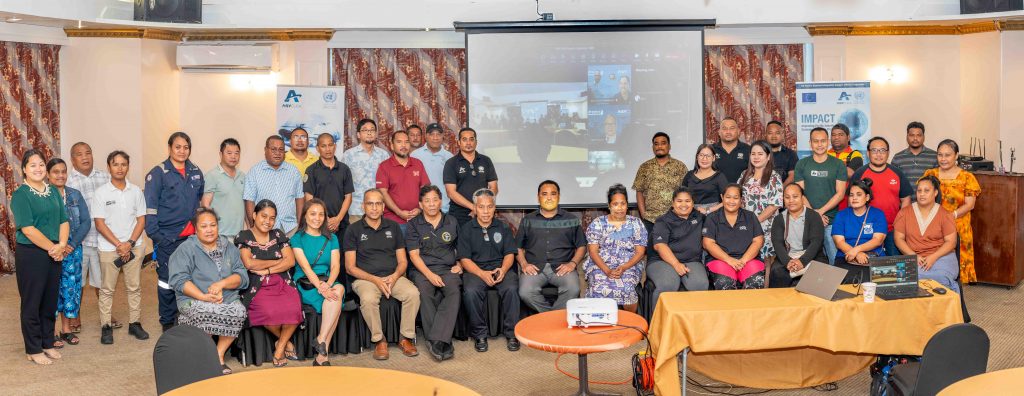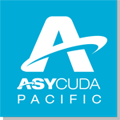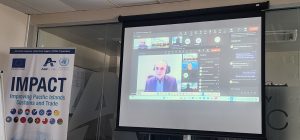The Republic of Marshall Islands (RMI) has upgraded its customs processes by implementing the cutting-edge ASYCUDAWorld system backed by the United Nations Trade and Development (UNCTAD).
The system automates customs processes, offering numerous benefits to the trading community in RMI, including the Ministry of Finance’s Customs Division and the Government.
ASYCUDAWorld enhances efficiency, transparency, improved revenue while reducing time and costs associated with customs processes for the stakeholders. Additionally, it aligns RMI’s customs operations with international standards, most significantly the introduction of the Harmonized System for goods classification, further facilitating global trade and ensuring better data quality and accuracy.
The digital transformation is supported by the European Union’s (EU) Improving Pacific Islands Customs and Trade (IMPACT) Project, implemented by UN Trade and Development’s ASYCUDA Pacific Programme, that aimed at increasing and enhancing regional trade in the Pacific.
During the launch the Minister for Finance of the Republic of Marshall Islands, Mr. David Paul, emphasised on the Government’s commitment to enabling conducive business environment through the innovations in the country.
Providing an overview of the transition journey, the Secretary of Finance, Ms. Ayako Yamaguchi-Eliou, noted that until now, the Customs Division operated without a comprehensive IT system.
“We rely on manual methods which limits our ability to address other customs processes effectively. This in turn hampers our compliance with international standards,” she said.
“Automation is expected to significantly boost the productivity of our Customs Division, which in turn will enable us to collect duties and trade statistics with greater accuracy; thus providing timely and satisfactory service to all end-users and assist informed planning,” Ms. Yamaguchi-Eliou explained.
The Head of Cooperation at the Delegation of the European Union to the Pacific, Mr. Maurizio Cian, congratulated the RMI government for the work done in making the implementation possible.
Mr. Cian stated that the EU, through the IMPACT Project, aimed to support Pacific States to digitally connect regionally and with the rest of the world to enhance trade.
“This system makes it easy to comply with international standards, collect customs revenue, save time and reduce paper work, therefore, it is a win-win situation for the government, private sector and for all operators,” Mr. Cian highlighted.
He further emphasized the continued commitment of the EU in promoting trade development in the Pacific.
Additionally, the Regional Coordinator for the United Nations Trade and Development, ASYCUDA Programme – Asia and the Pacific, Mr. Jayvee Santos emphasized that beyond its numerous benefits, ASYCUDA would facilitate smoother international trade and help RMI meet its regional and international trade obligations, ultimately benefiting the economy as a whole.
Mr. Santos further reminded the participants during the launch that, “automating customs services do not come without its challenges, there will be a period of adjustment and learning, however the benefits from the transformation are substantial in the long term.”
The United Nations Resident Coordinator for the Micronesia Sub-Region (Palau, Federated States of Micronesia, Marshall Islands, Nauru, Kiribati), Mr. Jaap van Hierden, acknowledged the efforts of the RMI Government, UNCTAD, and the stakeholders in enabling the transformative change.
Following the launch in Majuro, the system will be rolled out in Ebeye in September 2024.

© RMI Government
RMI became the 15th Pacific nation to deploy ASYCUDA and to automate its customs processes, successfully concluding one of the key goals of the IMPACT project: to standardize and simplify customs operations in the region.
About ASYCUDAWorld: ASYCUDAWorld is a cutting-edge customs management system by UN Trade and Development, aimed at simplifying trade and customs processes.
About the IMPACT Project: Funded by the European Union, the IMPACT project seeks to enhance customs operations through technological advancements and capacity building.


